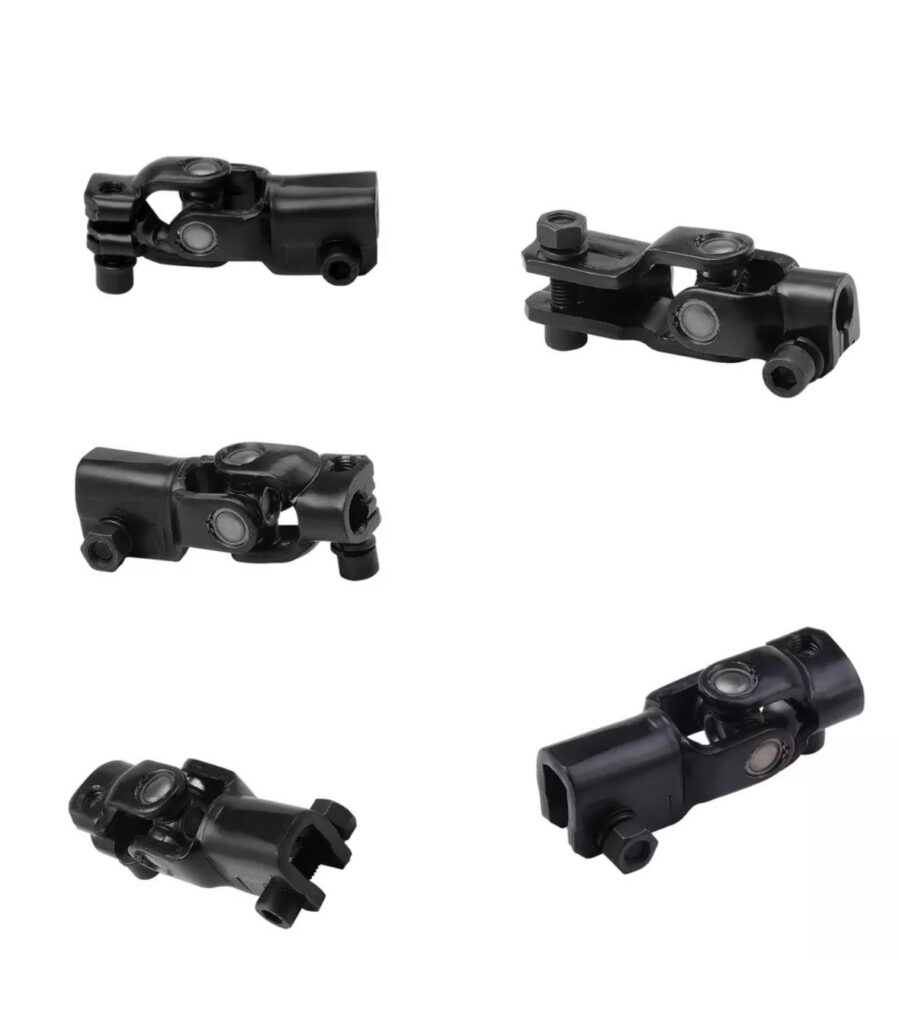
A shaft joint is a mechanical component used to connect two rotating shafts in a variety of applications. It allows for smooth transmission of power and rotation between the two shafts, reducing vibration and increasing efficiency in machinery. The shaft joint is designed to bear the loads and stresses of high-speed rotation without compromising the integrity of the joint or the connected machinery.
Shaft joints come in various configurations, depending on the specific application requirements. There are flexible shaft joints that compensate for angular misalignment, constant velocity joints used in automotive transmissions, and universal joints that accommodate changes in direction. Generally, they are made from durable materials such as steel or aluminum alloys, and are designed to withstand high levels of torque, shear forces and torsion.
In summary, shaft joints are a vital component in industrial machinery and vehicles. They facilitate the smooth and efficient transmission of power, reduce vibration, and increase overall productivity.